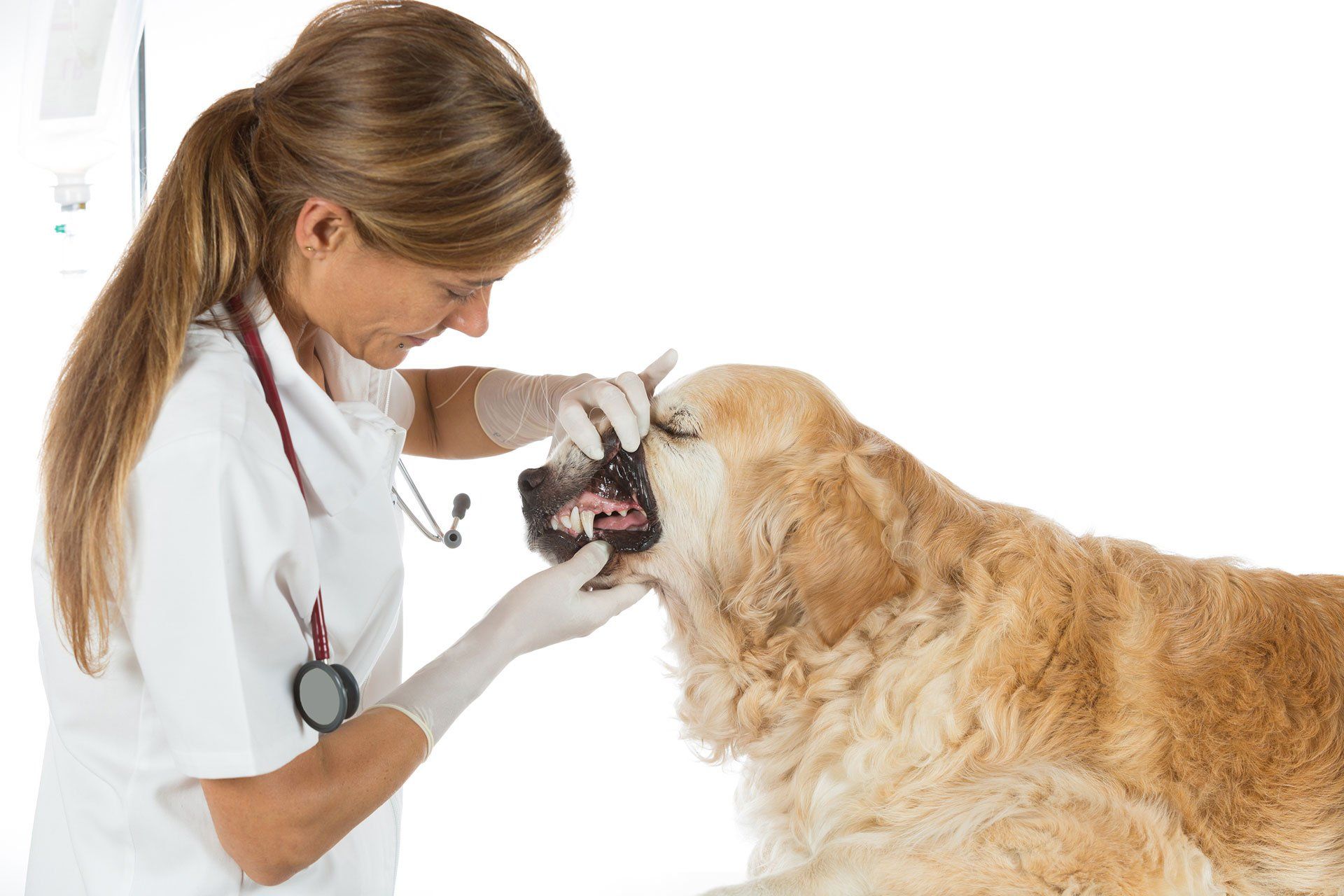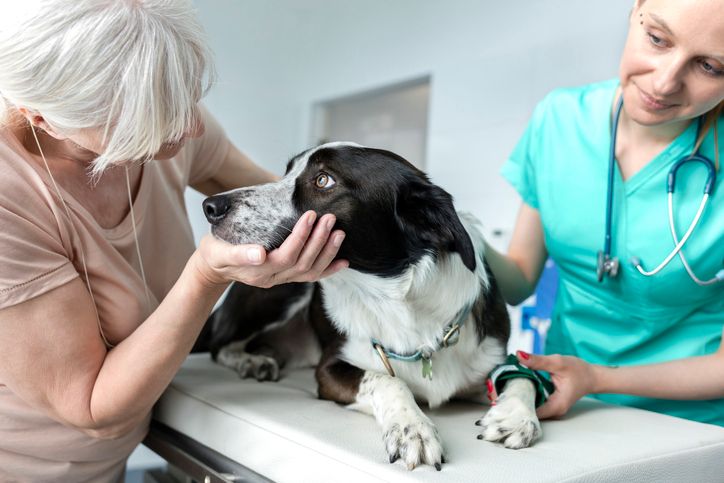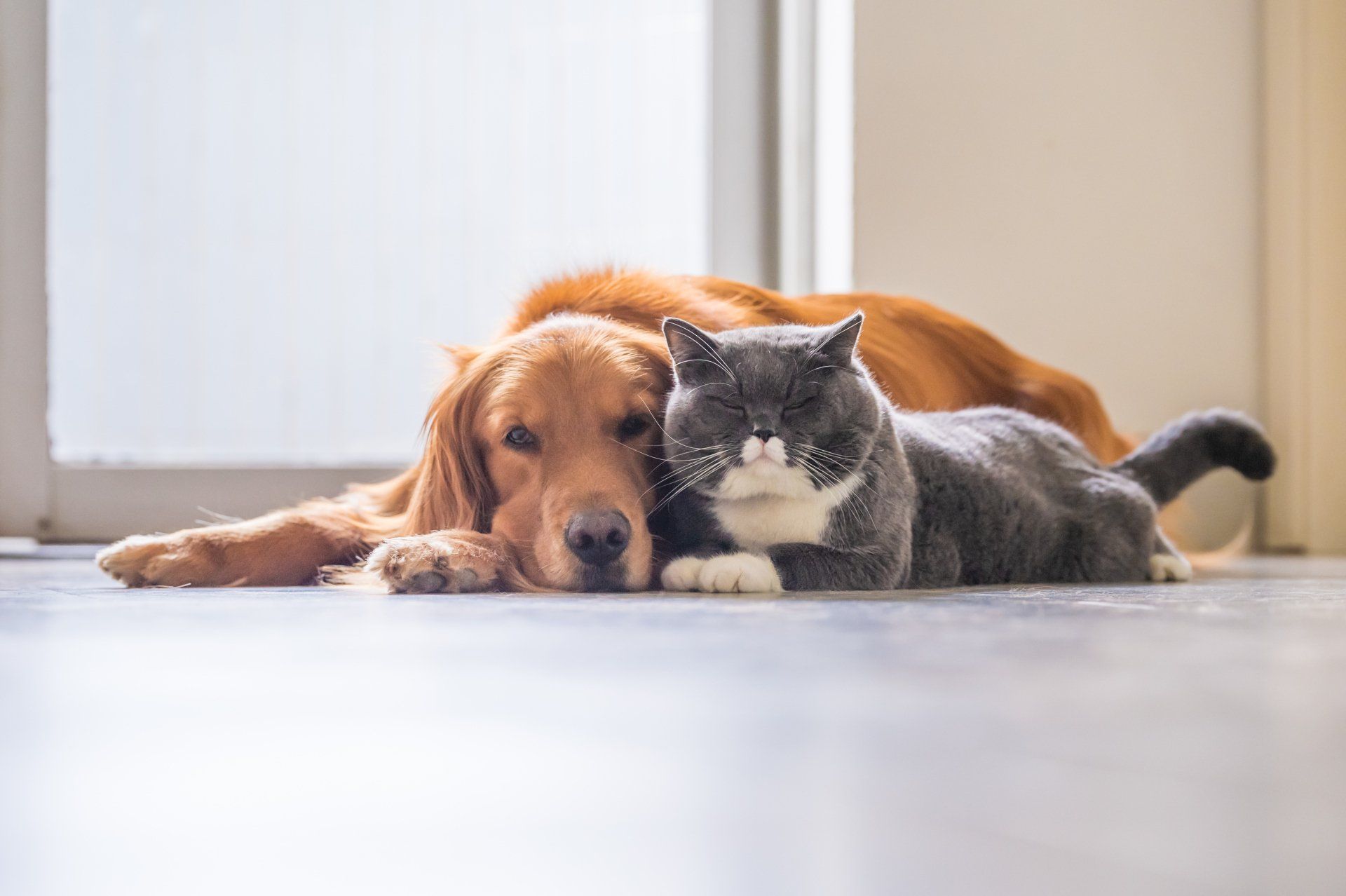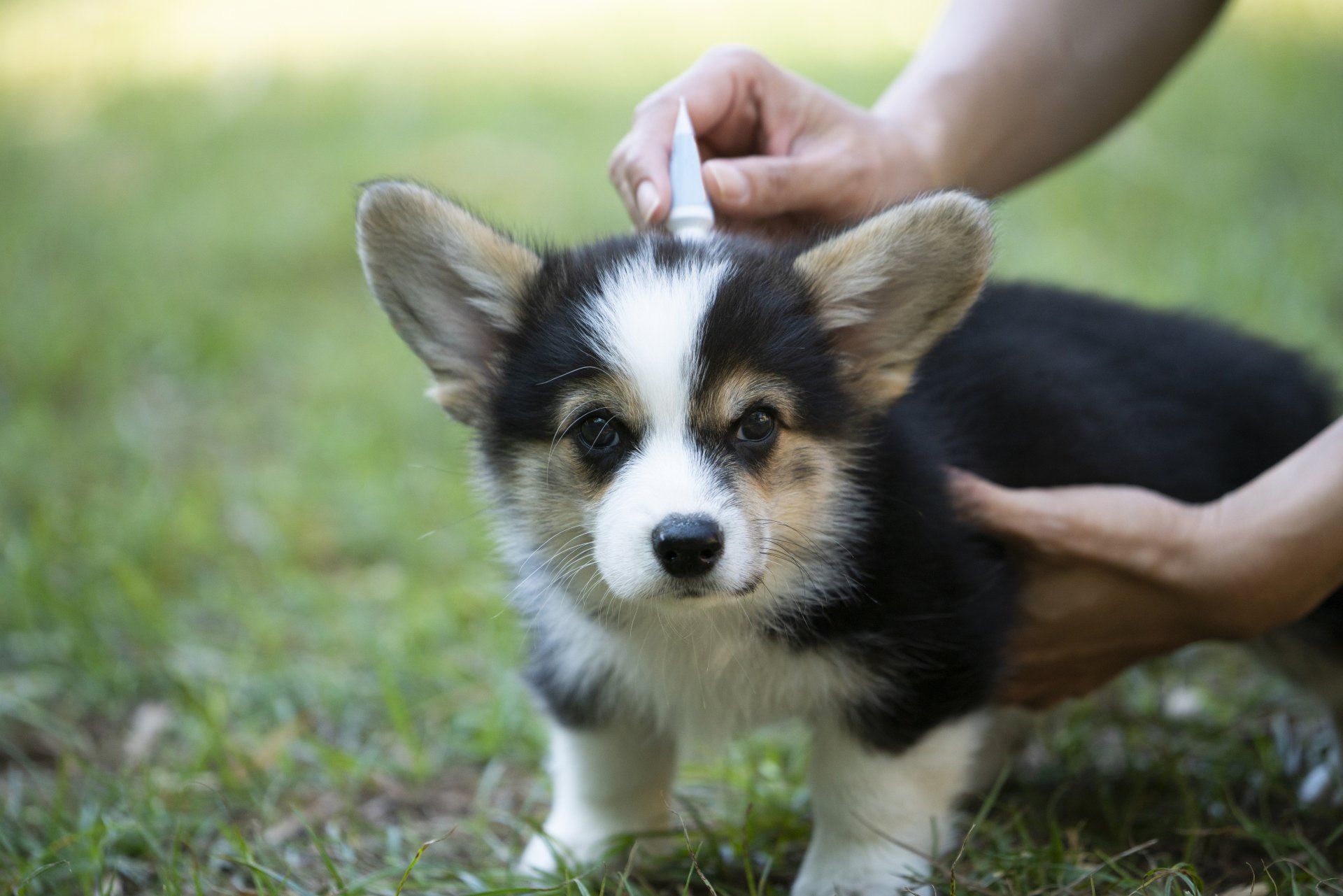Preparing for Springtime Injuries and the Importance of Pet Vaccinations
Ready to Prepare Your Pet for Spring?
As the weather warms up and spring arrives, many pet owners are excited to get fresh air and spend more time outdoors with their furry companions. While being outside more may sound like a fantastic idea, warm weather and outdoor activities can put your beloved pet at risk. As pet owners, it is crucial to be prepared and knowledgeable about common pet injuries and the importance of pet vaccinations. Below are some common springtime injuries and how pet vaccinations play a vital role in keeping your fur baby safe and healthy.
Common Springtime Injuries for Pets
- Allergies and Insect Bites: Just like humans, pets can suffer from allergies and insect bites during the spring season. Common allergens include pollen, grass, and certain plants. Insect bites from fleas, ticks, and mosquitoes can also cause discomfort and potential health issues for our pets. If your pet has excessive scratching, redness, swelling, or difficulty breathing, contact a veterinary clinic as soon as possible.
- Poisons: Certain foods, plants, and insecticides can be toxic to pets if ingested. Common poisonous plants and food include lilies, azaleas, daffodils, tulips, garlic, onions, chocolate, and gum. Keeping an eye on where your pet is roaming will help keep them safe and healthy.
- Injuries from Outdoor Activities: When your pets are outside, they will participate in various outdoor activities such as running, jumping, and exploring. While these activities are great for their physical and mental well-being, they do come with the risk of injuries. Supervising your pet while outdoors and ensuring they aren't overexerting themselves will help minimize the risk of accidents.
The Importance of Pet Vaccinations
Now that you better understand the different risks when bringing your pets outside during the spring, knowing how to protect them is equally important. Vaccinations play a crucial role in preventing various diseases and ensuring your pet's overall health. Below are multiple reasons why pet vaccinations are so necessary:
- Prevents Disease: One of the main reasons to ensure your pet is vaccinated is to protect them from various diseases. By keeping your pet up to date with vaccinations, you are protecting them from life-threatening diseases such as rabies, distemper, parvovirus, and feline leukemia.
- Reduces Spread: When vaccinating your pets, you are not only protecting them but also the community. Pet vaccinations help reduce the spread of diseases to other animals, including wildlife, and can help prevent outbreaks.
- Long-Term Cost Savings: Preventive care, such as pet vaccinations, is often more cost-effective in the long run compared to treating diseases that could have been prevented. Investing in vaccinations will save you on expensive medical treatments and will ensure a long and healthy life for your pet.
Visit Our Veterinary Clinic Today!
As springtime approaches, it is essential to ensure your pet is ready. At Vetcare for Pets Animal Hospital, we take pride in providing pet vaccinations to help prevent disease and maintain the long-term health of your fur baby. If your pet has suffered a springtime injury, our knowledgeable veterinarians will quickly determine the best course of action. Know that when you visit our veterinary clinic, you and our pets are in excellent hands and will receive the care they deserve. Give us a call today to schedule your pet vaccinations. We offer services to those in Benson, Clinton, Dunn, Fayetteville, Smithfield, NC, and the surrounding areas.










